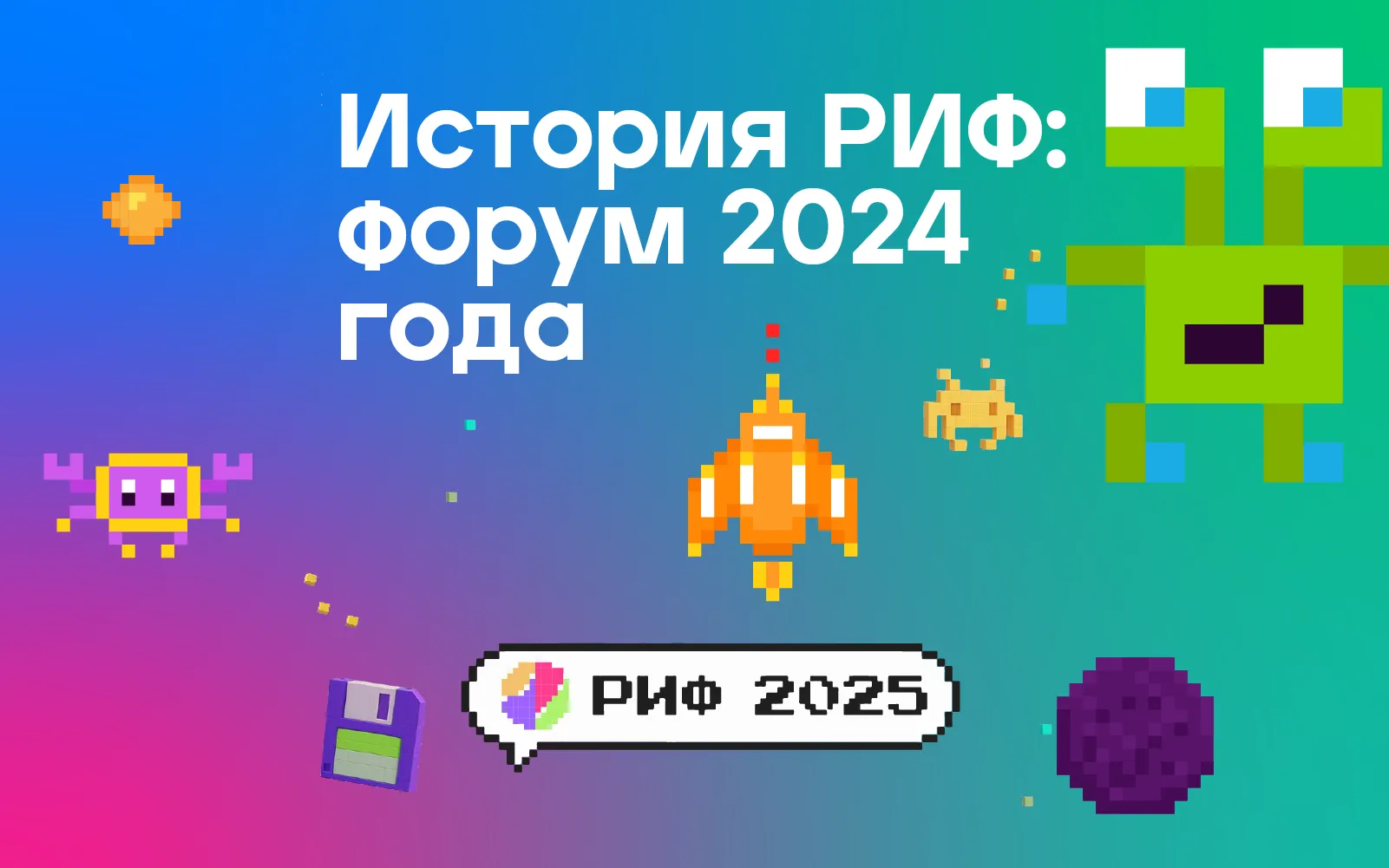RIF 2024: Runet Turns 30!
Celebrating three decades of Russia’s internet, the 28th Russian Internet Forum (RIF) mixed festival energy with deep industry analysis. Held at Ostankino FEST in Moscow, the event drew more than 3,500 attendees and over 300 speakers across six simultaneous tracks of talks, workshops, and master classes.

A Bigger, Bolder Runet
The forum highlighted Runet’s 30-year milestone with days dedicated to entrepreneurship, technological leadership, and cybersecurity. According to research, Runet’s economy grew 40 % in 2023 compared to 2022. Yet behind the numbers, a note of uncertainty lingered. An analytical panel, 'Runet at 30: What’s Next? Data Economy for Better Quality of Life,' emphasized that Runet remains self‑sufficient and forward-looking.
Key to progress is not only economic growth but improved service quality—driving a higher standard of living for Russian citizens. Initiatives like a marketplace regulation bill and the national 'Data Economy and Digital State Transformation' project, launching in 2025, aim to deliver that. Marketing and advertising grew an impressive 45 %, while finance and trade—the largest internet economy segment—expanded 39 %, largely thanks to marketplaces. E‑commerce continues to surge: Russians placed about 5 billion online orders last year, averaging 34 per person, and e‑commerce now represents 17–19 % of all retail sales.
Digitized real estate services exemplify the shift: buyers can now complete mortgage applications and sign housing contracts entirely online, and the state-backed 'Look to the Future' service lets prospective owners visualize planned nearby infrastructure.
Science and Content
The Internet Development Institute (IRI) spotlighted long-form content such as serialized shows, investing in productions that retain user attention. Digital content volume nearly doubled in 2023, now 90 % domestic, signaling recovery, reorientation, and successful import substitution. Gaming remains a weak link, with only about 5 % of the desired market developed; IRI believes that 20–30 high-quality games would elevate Russia to global competitiveness. The national domain zone grew 33 %, aided by Western sanctions and the migration of domains to Russian registrars. Businesses, facing social media restrictions, have rediscovered corporate websites and custom email domains to build customer trust. Cloud services also benefited from import substitution.
After the exit of foreign players in 2022, the market—backed by state support—rebounded quickly. Russian developers are now showcasing unique technologies and moving toward centralization: large clients build proprietary platforms while smaller firms adopt turnkey services. The cloud market’s biggest constraint is a shortage of skilled talent.
Infrastructure at the Core
Experts identified four key forces shaping Runet’s infrastructure. First, software now decisively outpaces hardware. Hardware’s role in information systems is shrinking as software-defined solutions dominate.
Second, infrastructure itself is code—engineers shape it autonomously, often with minimal outside interaction.
Third, Russia is prioritizing homegrown processor platforms, likely based on open RISC-V architecture. Fourth, AI already matches or exceeds human administrators in monitoring, analysis, and failure prediction. Infrastructure software is growing at breakneck speed. The coming years will likely see national champions consolidating smaller players, while Eastern vendors could enter the market. Meanwhile, escalating cyberthreats keep pushing the bar for security ever higher.
People Power
Government support for the IT sector remains unprecedented. Demand for programmers, tech support staff, and analysts is steady and strong. Universities are expanding IT degree slots, opening digital departments, and scaling training and retraining programs. Online platforms like 'Education' help close the talent gap, while coding lessons in grades 8–11 nurture the next generation. Employers increasingly prize soft skills alongside technical ability.
Digital literacy itself needs constant measurement and improvement, supported by national projects like 'Digital Dictation.' As experts concluded, a digitally savvy population is essential for the industry’s prosperity—perhaps the most important takeaway from RIF 2024.

